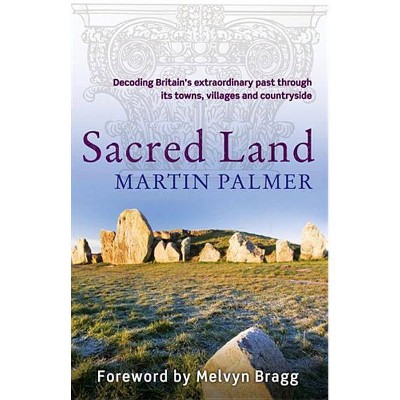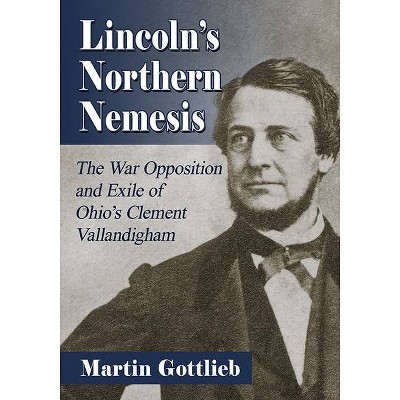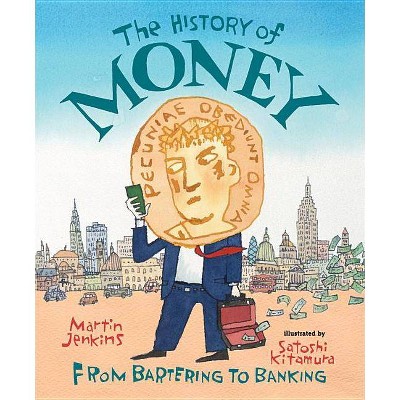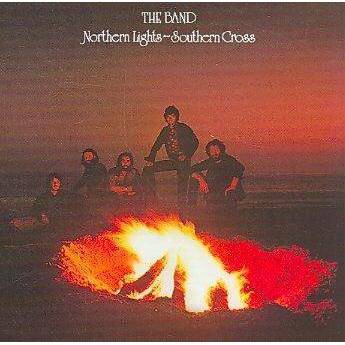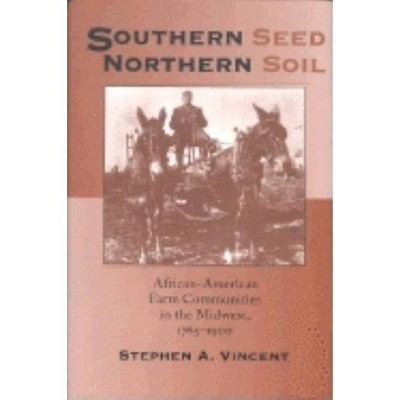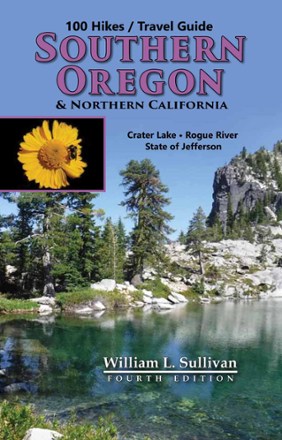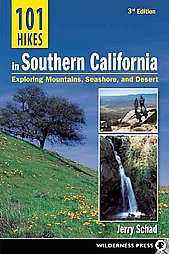Northern Money, Southern Land - by Chlotilde R Martin (Paperback)
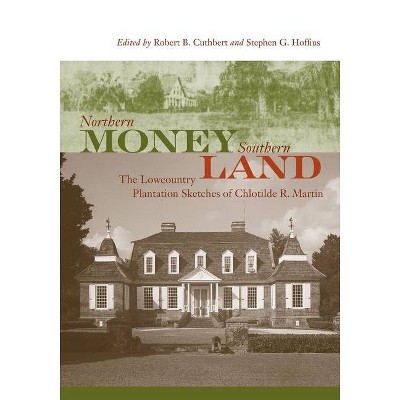
Similar Products
Products of same category from the store
AllProduct info
<p/><br></br><p><b> About the Book </b></p></br></br>Her tales, here updated by Cuthbert and Hoffius, will bring modern readers onto many little-known plantations in the southern part of South Carolina and provide a wealth of knowledge about the history of vexing tensions between development and conservation that remain a defining aspect of lowcountry life.<p/><br></br><p><b> Book Synopsis </b></p></br></br><p>In the early 1930s Chlotilde R. Martin of Beaufort, South Carolina, wrote a series of articles for the <i>Charleston News and Courier</i> documenting the social and economic transformation of the lowcountry coast as an influx of wealthy northerners began buying scores of old local plantations. Her articles combined the name-dropping chatter of the lowcountry social register with reflections on the tension between past and present in the old rice and cotton kingdoms of South Carolina. Edited by Robert B. Cuthbert and Stephen G. Hoffius, <i>Northern Money, Southern Land</i> collects Martin's articles and augments them with photographs and historical annotations to carry their stories forward to the present day.</p><p>As Martin recounted, the new owners of these coastal properties ranked among the most successful businessmen in the country and included members of the Doubleday, Du Pont, Hutton, Kress, Whitney, Guggenheim, and Vanderbilt families. Among the later owners are media magnate Ted Turner and boxer Joe Frazier. The plantation houses they bought and the homes they built are some of the most important architectural structures in the Palmetto State--although many are rarely seen by the public. In some fifty articles drawn from interviews with property owners and visits to their newly acquired lands, Martin described almost eighty estates covering some three hundred thousand acres of Beaufort, Jasper, Hampton, Colleton, and Berkeley counties. </p><p>Martin's lively sketches included stories of wealthy young playboys who brought Broadway showgirls down for decadent parties, tales of the first nudist colony in America, and exchanges with African American farmhands who wanted to travel to New York to see their employers' primary homes, which they had been assured were piled high with gold and silver. In the process, Martin painted a fascinating landscape of a southern coastline changing hands and on the verge of dramatic redevelopment. Her tales, here updated by Cuthbert and Hoffius, will bring modern readers onto many little-known plantations in the southern part of South Carolina and provide a wealth of knowledge about the history of vexing tensions between development and conservation that remain a defining aspect of lowcountry life.</p><p/><br></br><p><b> From the Back Cover </b></p></br></br><p>An enchanting mix of gossip and history from the era when parts of the Old South met their new owners</p><p/><br></br><p><b> Review Quotes </b></p></br></br><br>"In the 1920s, as poverty and weather ground away at South Carolina's formerly grand plantations, Sam Stoney of Medway was known to say, 'Lord, please send us a rich Yankee.' Chlotilde Martin's engaging articles provide fascinating insight into an overlooked era of history that largely determined the shape of today's lowcountry landscape. As a native South Carolinian, I often thank the Lord for the rich Yankees who decided that their adopted land was too beautiful to despoil, and consequently helped launch one of the nation's most successful conservation movements."--Dana Beach, executive director, Coastal Conservation League<br><br>"Mrs. Martin's guide to lowcountry plantations and their post-Civil War owners is three-fourths fact, one-fourth gossip, and one hundred percent fun to read. Modern day editors Cuthbert and Hoffius have done a great service to those interested in history, hunting, architecture, farming, landscaping, environmental protection, finances, nudism, showgirls, the wearing of tuxedo jackets with waders, black magic, and the gentle art of living well."--William P. Baldwin, author of <i>The Hard to Catch Mercy</i> and <i>Lowcountry Plantations Today</i><br><p/><br></br><p><b> About the Author </b></p></br></br><p>Stephen G. Hoffius is a freelance writer and editor in Charleston and the former director of publications for the South Carolina Historical Society. He is coeditor with Angela D. Mack of <i>Landscape of Slavery: The Plantation in American Art.</i></p>
Price History
Price Archive shows prices from various stores, lets you see history and find the cheapest. There is no actual sale on the website. For all support, inquiry and suggestion messages communication@pricearchive.us
